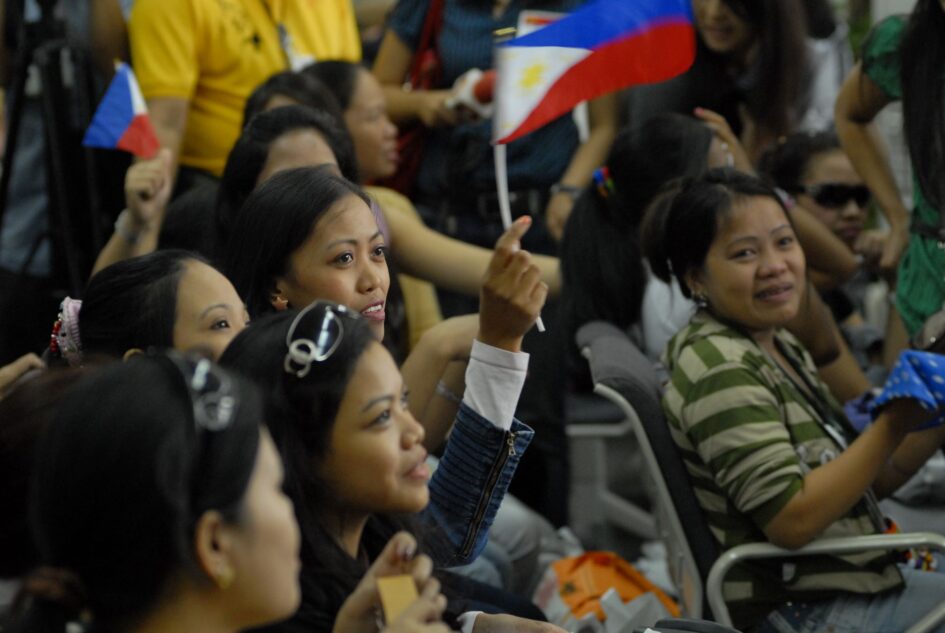Every year, 172,000 Filipino women leave their homeland to seek higher income opportunities overseas to support the family economy, most of them working as domestic workers. They mainly travel to South Asia, Southeast Asia, and the Gulf States before migrating to countries in the North, including the United States, Canada, and several European countries. This trend stems from the persistent problem of underemployment and over-qualification of the labour force in the Philippines, especially the plight of the female population. The paradox of this situation is that despite the availability of jobs for these people, they are paid a pittance compared to their skill level. And in the present data age, a new kind of challenge with social media emerges
Social media acts as a double-edged sword for female Overseas Filipino Workers (OFWs). Despite those presses celebrating their economic contributions to the domestic country, the narratives frequently oversimplify their experiences, failing to capture the challenges they face. This blog will focus on the challenges imposed on female OFWs from the media generation perspective.
Admittedly, social media platforms indeed present positive narratives for female OFWs. The media highlights their resilience in working abroad to provide a better future for their families, often portraying them as role models. Moreover, the media would like to decrypt them as heroes for economic growth.
However, social media would lead to struggles for female Overseas Filipino Workers. On the one hand, OFWs oftentimes face information marginalisation on social media during their initial integration into the receiving community. One particular example is the language proficiency of OFWs, which makes them feel devoid of information and develop a sense of mistrust toward the external environment. Thereby leading to defensive actions and a failure to integrate into the receiving community.
On the other hand, social media platforms have exacerbated the burden on OFWs, particularly in fulfilling the traditional role within patriarchal family structures as a mother. These women are often expected to maintain active involvement in their children’s daily lives despite the physical distance. Social media and messaging platforms, while intended to bridge gaps, have made it possible — and even expected — for these mothers to engage in remote parenting, adding to their already overwhelming responsibilities. For instance, mothers are frequently required to step in remotely to ensure their children adhere to routines, like going to bed on time or completing homework. Such tasks may appear trivial but, in practice, demand consistent attention, patience, and emotional labor, further intensifying the pressure these women face.

Therefore, the future discussion could lie in how to reduce the information marginalisation and promote more inclusive policies to encourage the narratives that emphasize inclusivity and the need for host communities to support migrant workers



Leave a Reply